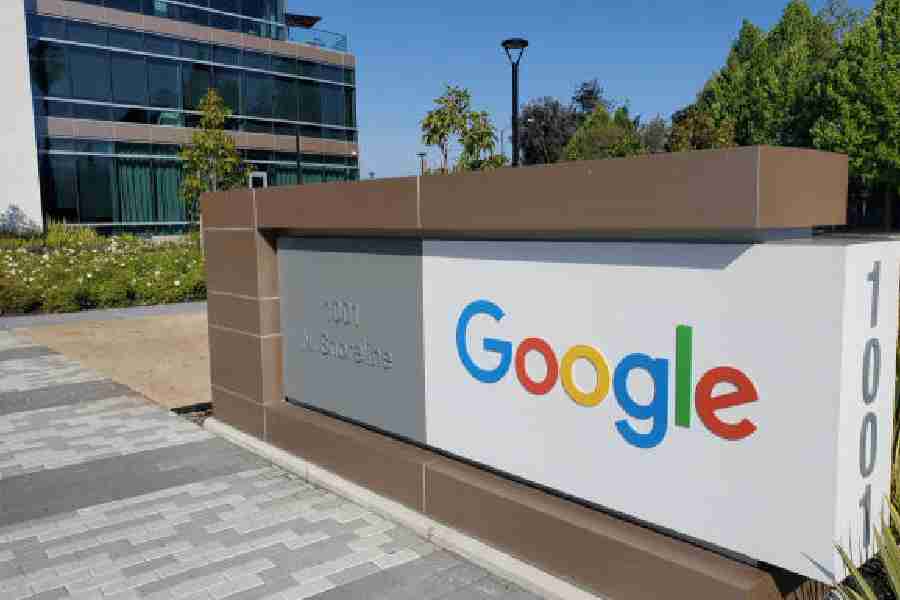The justice department has spent three years over two presidential administrations building the case that Google illegally abused its power over online search to throttle competition. To defend itself, Google has enlisted hundreds of employees and three powerful law firms and spent millions of dollars on legal fees and lobbyists.
On Tuesday, a judge in the US District Court for the District of Columbia will begin considering their arguments at a trial that cuts to the heart of a long-simmering question: Did today’s tech giants become dominant by breaking the law?
The case — US et al v. Google — is the federal government’s first monopoly trial of the modern internet era, as a generation of tech companies has come to wield immense influence over commerce, information, public discourse, entertainment and labour. The trial moves the antitrust battle against those companies to a new phase, shifting from challenging their mergers and acquisitions to more deeply examining the businesses that thrust them into power.
Such a consequential case over tech power has not unfolded since the Justice Department took Microsoft to court in 1998 for antitrust violations. But since then, companies like Google, Apple, Amazon and Meta, which owns Facebook and Instagram, have woven themselves into people’s lives to an even greater degree. Any ruling from the trial could have broad ripple effects, slowing down or potentially dismantling the largest internet companies after decades of unbridled growth.
The stakes are particularly high for Google, the Silicon Valley company founded in 1998, which grew into a $1.7 trillion giant by becoming the first place people turned online to search the web. The government has said in its complaint that it wants Google to change its monopolistic business practices, potentially pay damages.
“This is a pivotal case and a moment to create precedents for these new platforms that lend themselves to real and durable market power,” said Laura Phillips-Sawyer, who teaches antitrust law at the University of Georgia School of Law. The case centres on whether Google illegally cemented its dominance and squashed competition by paying Apple and other companies to make its internet search engine the default on the iPhone as well as on other devices and platforms.
In legal filings, the justice department has argued that Google maintained a monopoly through such agreements.










